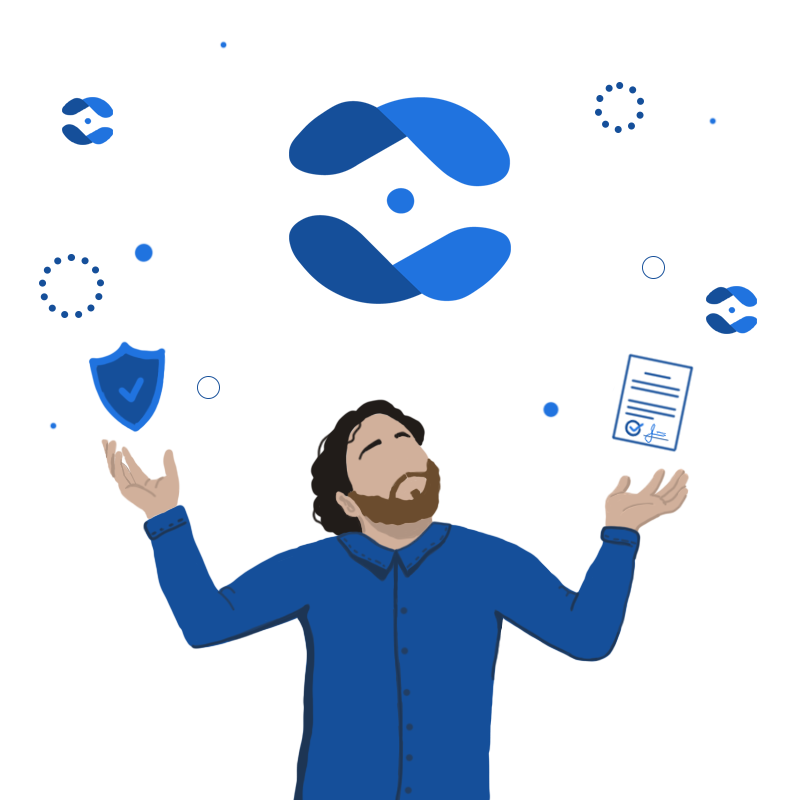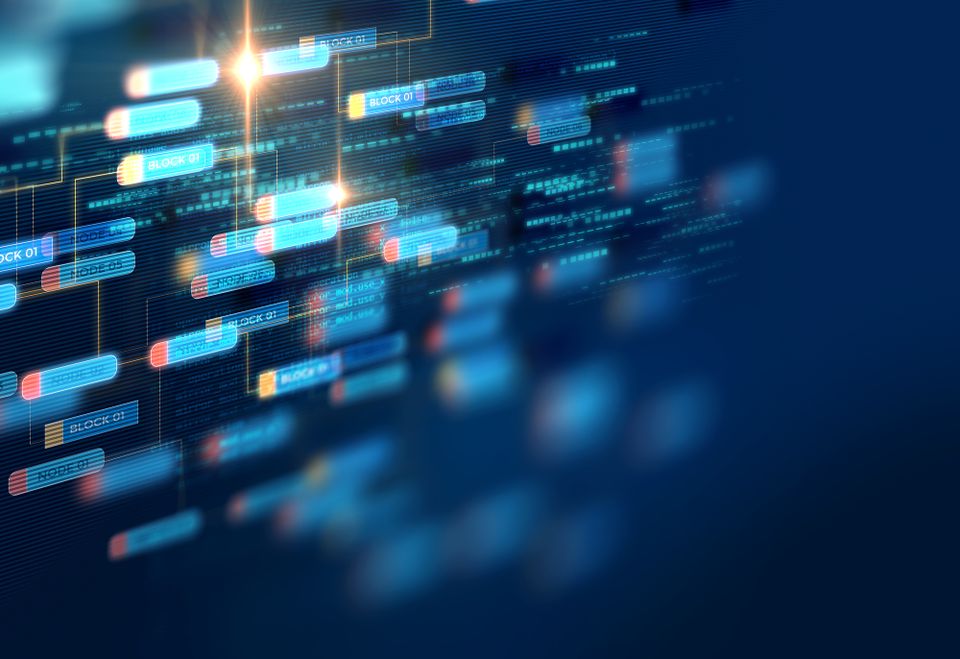The level of innovation going on in the world of organizational management right now is stunning. I originally wrote "The apex organizations ahead" in August 2021, and since that time things have continued to evolve. Whether or not you follow the blockchain and cryptocurrency space, arguably the most important aspect to come out of them are organizations living and defined by code.
The utopian perspective is that these organizations, otherwise known as decentralized autonomous organizations (DAO), are the embodiment of the future. An organizational structure principally designed for coordination in a network-native world. The antagonist might respond: why does it matter at all to be network-native in the first place? Humanity has achieved plenty without adding useless layers to something. At best, it is a solution in search of a problem.
Let's dig a bit deeper.
Empires of old
The British & Dutch East India Companies re-wrote the world during their ~200 year reigns, beginning around 1600 AD. Companies based on joint-shareholder agreements were still in their infancy, but each of them would grow to behemoth entities more powerful than the states they originated in. They were responsible for some of the first profit to be accessible to those outside of the closest inner circles in monarchy/republics; creating some of the first nouveau riche. They were also responsible for tremendous evil.
Each company created fiefdoms in their ranks, driven by the eternal hunger of the mercantile. They would employ military veterans and mercenaries as commanders to lead parties to conquer, plunder, and enslave whoever they would come across - employing superior technology and guile in a murderous wake. If you're interested by history, I can wholly recommend Empire on Apple Podcasts for some more background.
Point in case, it was a corporate structure that enabled them. Never before in history had such campaigns been possible outside of the strict control of monarchs, emperors, and god kings. The profit motive gave birth to the foundation that we now employ all around the world; for virtually everything. There are corporations of every flavor and kind you could want, either specially designed to shield profits from taxes, or facilitate massive fundraising schemes through Venture Capital and cryptocurrency.
For the most part, the concept hasn't changed. A corporation exists to facilitate people to do something as an organization, as opposed to an individual. The details differ, but that's the gist of it.
If it ain't broke, don't fix it
Obviously, the world is different now than in 1600. At the very least, not all for-profit corporations are led by bloodthirsty marauders. Plenty of companies and organizations do things that are a net positive for humanity. If it works just fine to get things done, why change anything?
I'd argue that the most important aspect of what has changed since 1600 is the electronic record. Not simply accounting, not democracy, and not simply the Internet. The electronic record in all its forms; the database, the ledger, and the trillions of data points available to be indexed and crawled by machine learning algorithms.
I'm sure you'd agree if you thought about it. Would you ever go back to a bank only offering you a checkbook to use your money? Could you even trust them? Of course not, and of course you couldn't. Even if you trusted them on principle, the lack of transparency or resiliency in the process of them executing your desired transactions is simply not viable.
Funny enough, though, agreements between humans has virtually none of the resiliency that we've achieved in things like mobile banking. Voting on almost anything, for the vast majority of humans, is whimsically inefficient and unclear. The most militaristically and economically powerful state we've ever seen, the United States of America, has alarmingly basic failures when it comes to electing its leaders. It isn't just the process, but the reliability and transparency of the system.
What's the point?
The electronic record is our saving grace. It can be designed to be reliable, trustworthy, and clear. So why not take some of the best things we get from it - and add it to organizations?
The corporation is not going anywhere, but it has barely changed. Decisions, leadership, and communication among Internet-scale entities is still pretty much centralized. The electronic record of most of these entities is in email, or meeting recordings, or investor relations pages. Is this really the best we can do?
To be continued...


